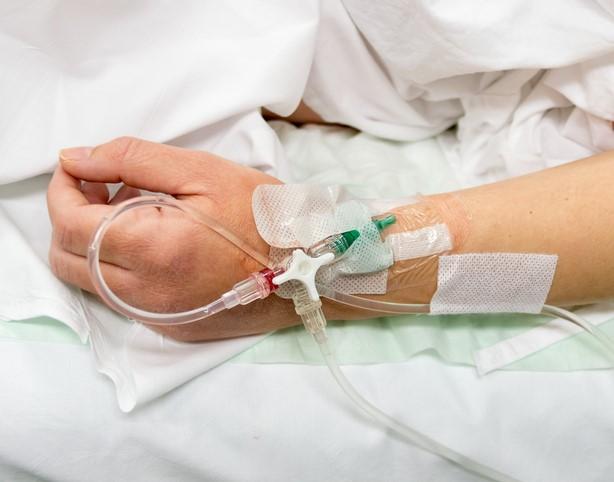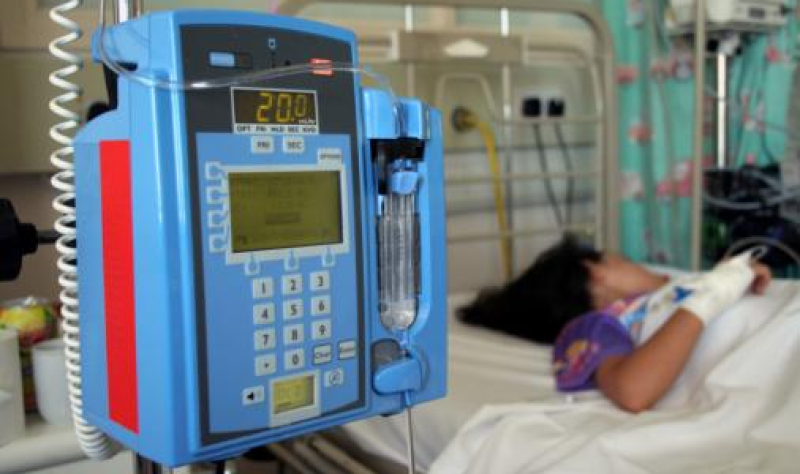Even mild COVID cases can result in symptoms that persist for 2 years, NJ study finds


Patients who never needed hospitalization for COVID-19 early in the pandemic were still experiencing at least one persistent symptom a year later, showing that even mild cases can result in long-term health problems, researchers at St. Joseph’s Health in Paterson announced Thursday.
In a study that for two years tracked 173 St. Joseph’s patients with mild and severe COVID cases, about half — including some who had mild cases — still had either shortness of breath, fatigue, body aches or other ailments a year after infection. About 23% of patients were still experiencing at least one symptom two years later.
“Our study is the first to show that even patients with only mild COVID-19 infections can still have persistent symptoms after two years,” said Dr. Christopher Millet, one of the researchers.
Although research is ongoing across the globe on long COVID, there is still much that scientists and physicians don’t know about lingering symptoms in adults and children. Complicating the research is that the original strain has continually mutated into new variants, from delta that hit New Jersey hard late last summer to several omicron subvariants currently circulating the globe and causing cases to spike.
Long COVID has been found most often in those who initially experienced severe illness, but has also been found in more mild cases, according to the Centers for Disease Control.
Pain at the pump:RV sales skyrocketed during COVID. What are owners doing now that gas is over $5 a gallon?
Free testing at home:COVID at-home tests are free through your insurance. Here’s how to get them
There is no test to diagnose long COVID, and health officials caution that patients may have similar symptoms that could come from other health problems.
The patients in the St. Joseph’s study were among the first infected with COVID during the pandemic, in March and April of 2020. Of the 173 patients, 91 had been hospitalized.
The study also focused on minorities. About 47% of patients in the study were Hispanic and 28% African American.
Persistent COVID symptoms one year later
At the one-year mark, the most common recurring symptoms among all patients were:
- 25% shortness of breath
- 24% fatigue
- 21% anxiety
- 18% difficulty focusing
- 18% body aches
- 16% headaches
While symptoms stopped in most patients by the two-year mark, shortness of breath and fatigue were still the most common ailments. Women were more likely to have persistent symptoms at two years compared to men, the study showed.
Check back for updates to this story.



